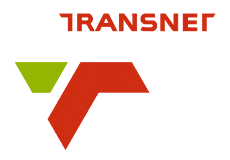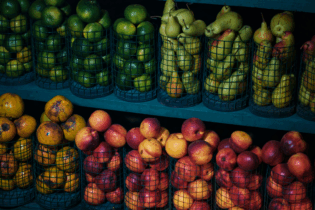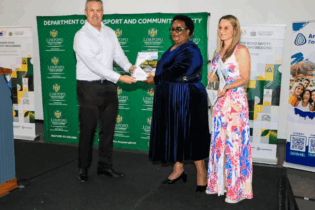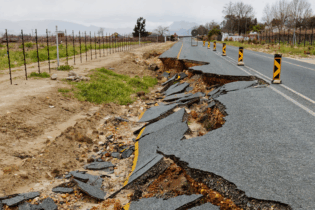Transport and logistics parastatal Transnet is returning to its past as it prepares for the future.
Like it was in its former incarnation, it is set to lead the skills explosion by spending an average of just over R1bn a year on skills development, including those that are not core to its operations. At a time when the economy is shedding jobs and the private sector is sitting on a R1.2 trillion cash pile – causing speculation in some quarters that there is an investment strike on the go – Transnet this week announced its annual results and an ambitious R300bn capital project over seven years that promises to boost employment in the country. The R1.2 trillion sitting idle with private sector firms is not invested in the economy for a variety of reasons, even though 65% of this cash is held in one-day demand accounts, earning the lowest rates on interest in 30 years. Transnet expects that 558 000 new jobs will be created as a direct or indirect result of the cash injected through various projects aimed at expanding its rail, port and pipeline infrastructure, and shifting freight volumes from road to rail. The parastatal also announced that it had bought 143 locomotives from US-based General Motors. Of these, 10 come fully assembled and 133 would be assembled in South Africa, thus creating more local jobs and increasing local expertise. During the apartheid years, Transnet’s predecessor, the South African Railways, was a leading source of artisan training and apprenticeships in the country. This was, however, limited largely to white workers. Transnet’s group human resources head, Nonkululeko Sishi, told City Press that the state-owned enterprise would this year employ an additional 4 533 people to push staff numbers to just over 63 700. The organisation intends to have just under 74 000 employees on its payroll by the end of the 2018/19 financial year. It also intends having 2 000 apprentices at any given time over the next seven years. The training budget is expected to cover training for 120 engineers (of various disciplines) this year and increase trainee numbers by 10% a year, compounded, for the next seven years. Last year the company trained 500 artisans. This year, and every year for the next seven, this number will increase by 10%.Though Sishi would not say whether the enterprise would stop outsourcing security services, she added that 800 protection officers would be trained to protect their trains, ports and other assets.
Transnet will not retain everyone who goes through the various programmes. “There will be an oversupply and we will release some of them to the economy to help address the mismatch (of skills and jobs available). “The percentages of those we will retain will depend on the business demands and also on people retiring or leaving. Those who are in excess will be able to find jobs or work for themselves. “There might be opportunities at some stage of working with other state-owned enterprises, but we do not have any at the moment. What we have is partnership with lots of universities across the country,” said Sishi. Transnet’s group revenue for the year increased by 20.9% to R45.9bn from R38bn in the previous period, mainly because of a growth in volumes in the export of coal and iron ore, in general freight, in container volumes, as well as an 18% improvement in productivity. Kelly Group’s Bev Jack said she was “delighted that the project, through the introduction and roll-out of apprenticeships, will help to address the need of SA’s youth, and the growing volume of young people with limited future plans. “Through this project, new avenues to access the world of work have been opened. “Transnet, as the largest and most crucial part of the freight logistics chain that delivers goods to each and every South African, plays a vital role in our economy. “With this investment in human capital, assets and technology, Transnet is certain to make a positive impact on the future of South Africa and our people,” Jack said. Source: http://www.fin24.com





